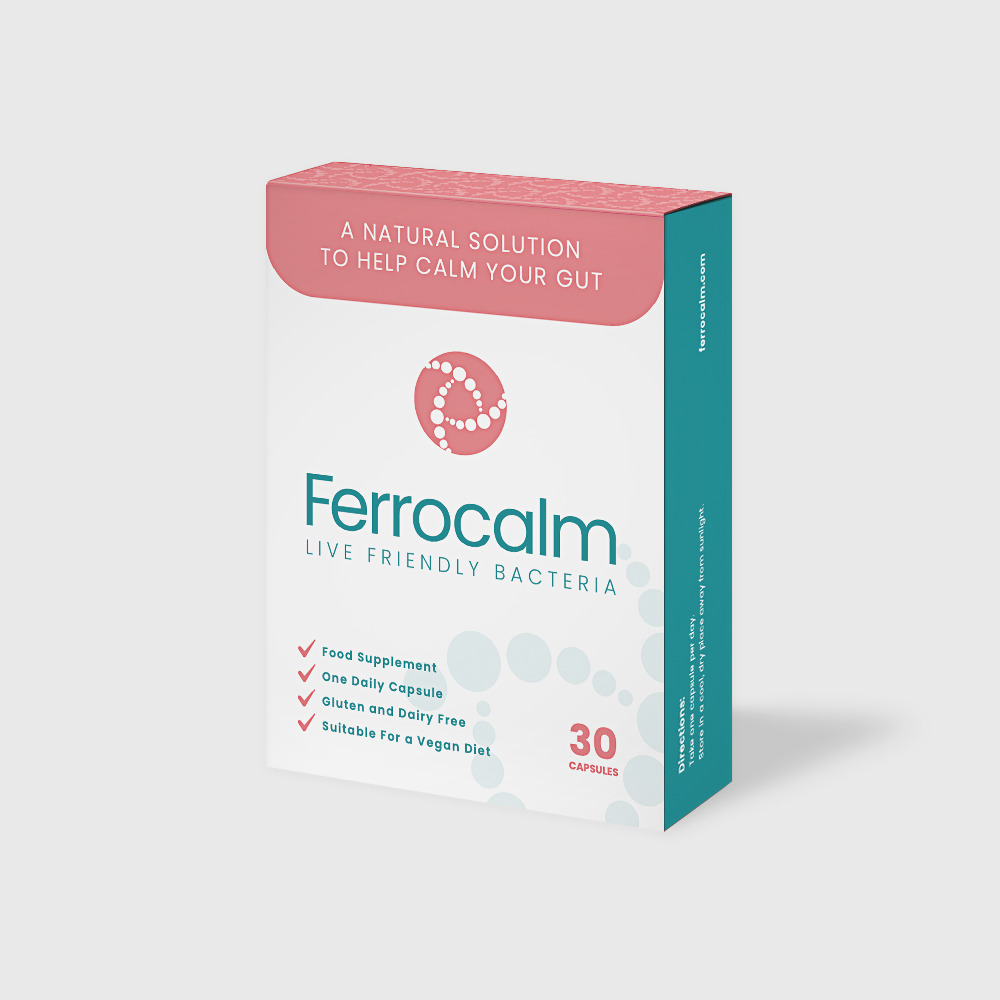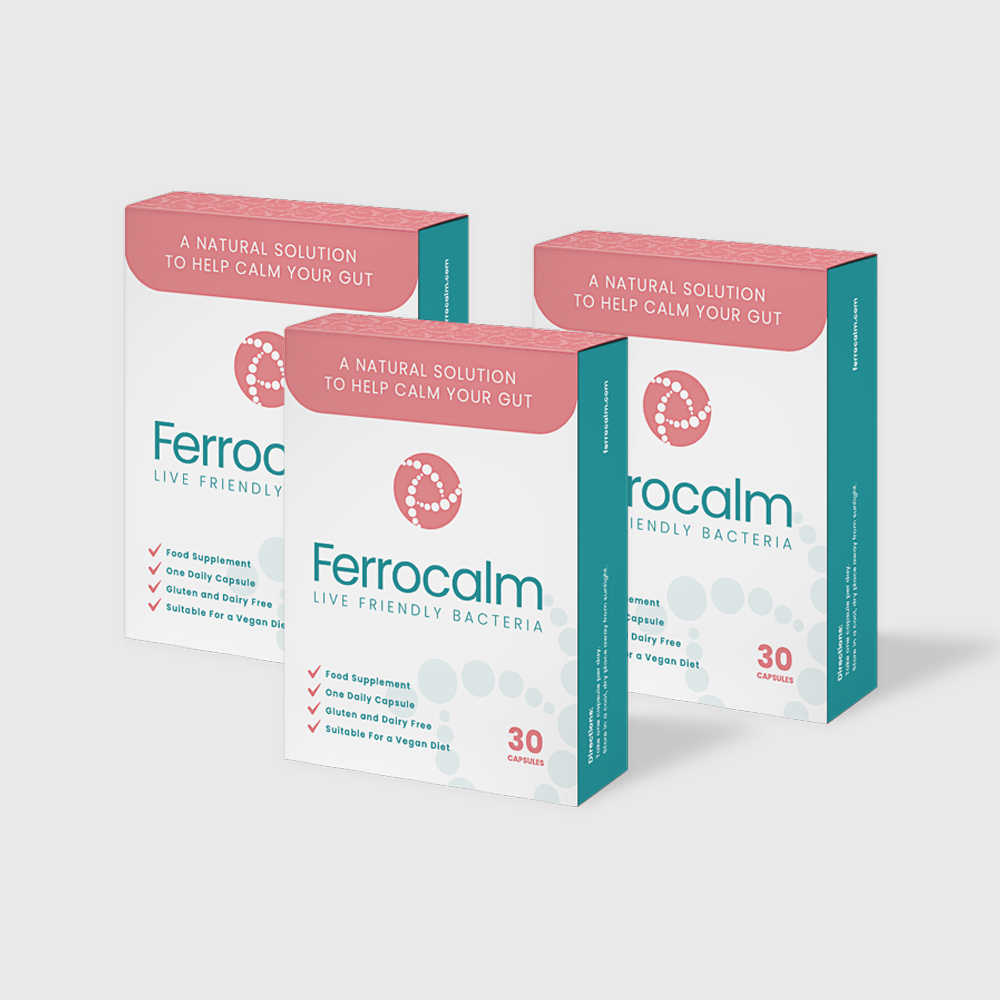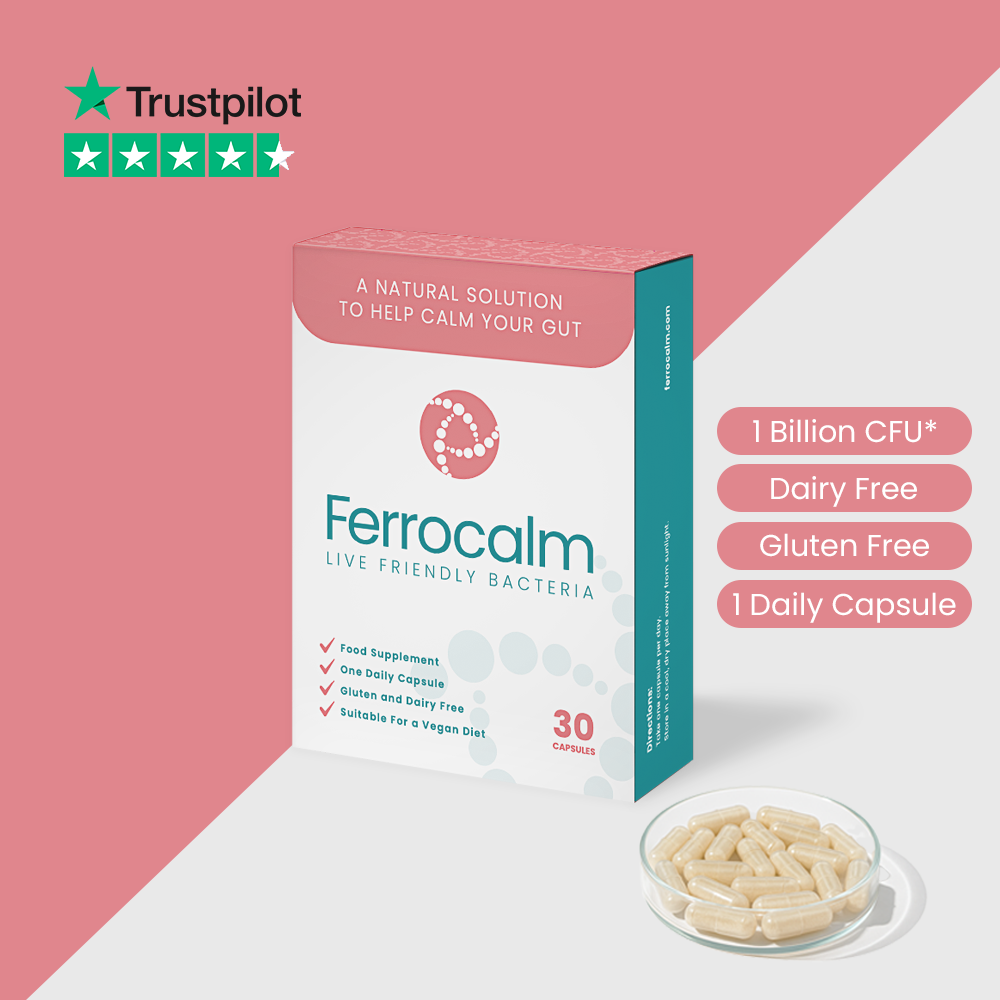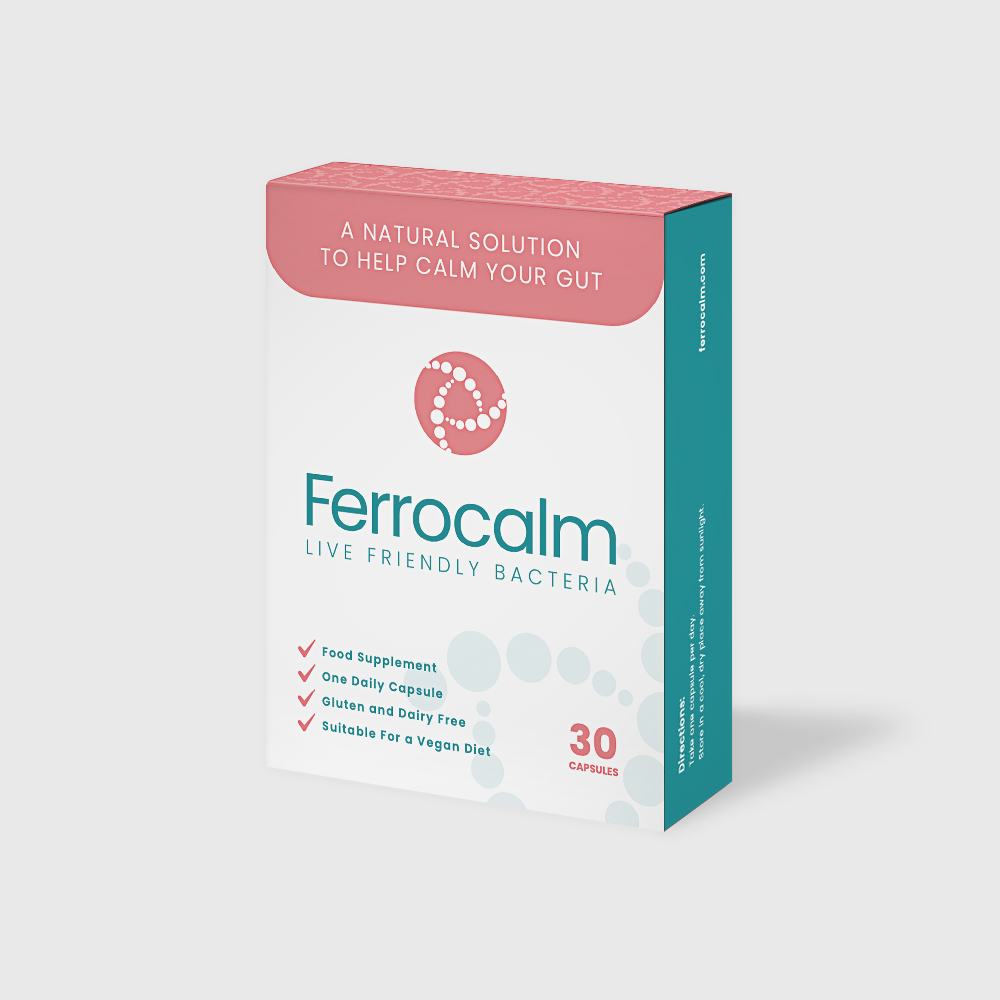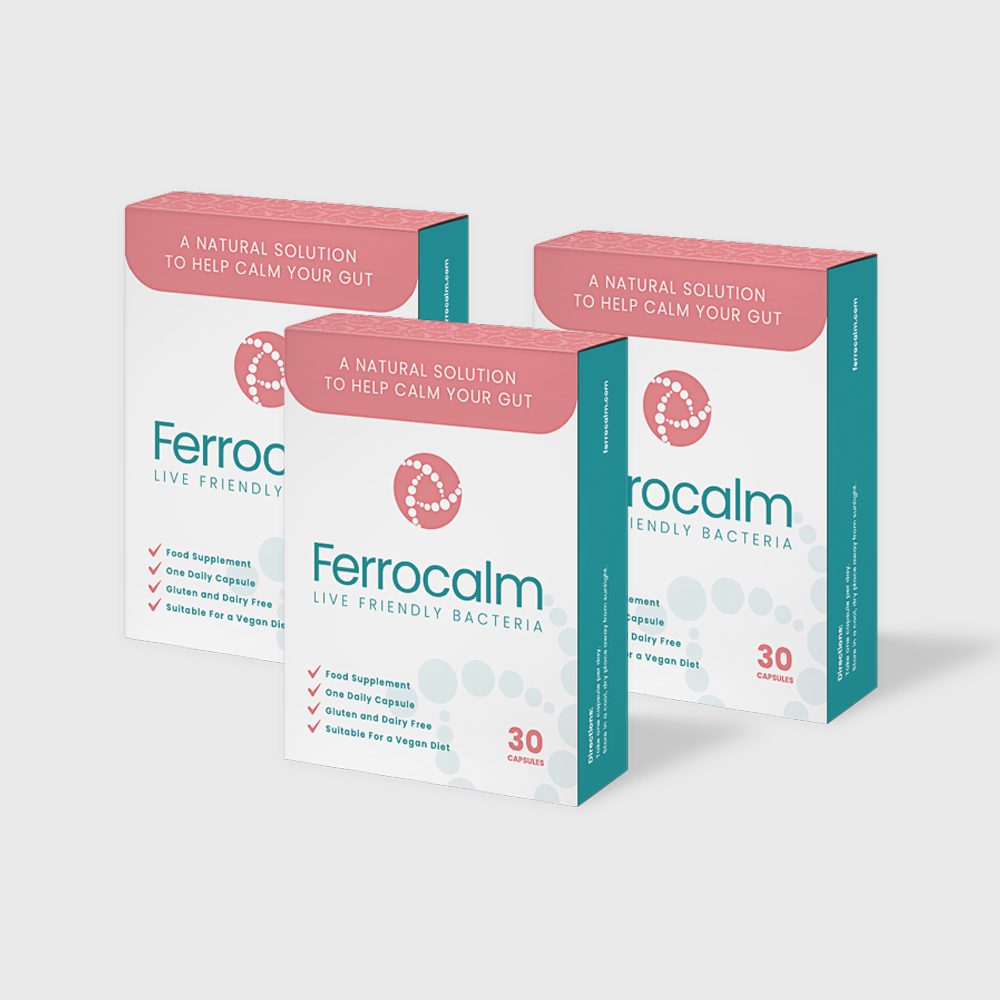Are you curious about probiotic capsules and their effectiveness? You're not alone. Many people are turning to these supplements to improve their gut health and overall well-being.
Probiotic capsules contain live-friendly bacteria that claim to offer numerous benefits for your digestive system. But the question remains: do probiotic capsules work? Let's dive into this topic to understand the potential impact of these tiny powerhouses on your health. In this article, we'll explore the science behind probiotic capsules and compare them to other forms like liquid probiotics, probiotic pills, and probiotic powder. You'll learn how to choose the right probiotic supplement for your needs, whether you're looking for probiotics for IBS or general digestive support. We'll also discuss the potential benefits of live-friendly bacteria and answer the common question: are probiotics good for you? By the end, you'll have a clearer understanding of whether probiotic capsules might be a valuable addition to your health routine. The Science Behind Probiotic Capsules Probiotic capsules have gained significant attention in recent years due to their potential health benefits. To understand how these supplements work, it's essential to explore the science behind them. How probiotics work in the body When you take a probiotic capsule, you're introducing live microorganisms into your digestive system. These beneficial bacteria travel through your stomach and into your intestines, where they begin to colonise and interact with your existing gut microbiome. Probiotics work by modifying the gut microflora, stabilising the indigenous microbiota, and reducing the growth of harmful pathogens. One of the primary mechanisms of action for probiotics is their ability to enhance the gut barrier function. They do this by strengthening the intestinal mucosa and producing substances that inhibit the growth of harmful bacteria. This process helps to maintain a healthy balance of microorganisms in your digestive tract. Probiotics also have an impact on your immune system. They can stimulate the production of antibodies and enhance the activity of immune cells. This interaction with your immune system can help to reduce inflammation and improve your body's overall defence against pathogens. Key probiotic strains and their functions Different probiotic strains have varying effects on your health. Some of the most commonly used and well-studied probiotic strains include:- Lactobacillus acidophilus: This strain is known for its ability to produce lactic acid, which helps to maintain a healthy pH balance in the gut. It may also help with lactose digestion and support immune function.
- Bifidobacterium lactis: This strain has been shown to have an impact on digestive health and may help to alleviate symptoms of irritable bowel syndrome (IBS).
- Lactobacillus rhamnosus: This strain is often used to prevent and treat diarrhoea, including antibiotic-associated diarrhoea.
- Saccharomyces boulardii: This probiotic yeast has been found to be effective in preventing and treating various types of diarrhoea, including traveller's diarrhoea and antibiotic-associated diarrhoea.
- Antibiotic-associated diarrhoea: A Cochrane Review evaluating over 3,400 patients from 16 studies concluded that probiotics have a protective effect in preventing antibiotic-associated diarrhoea.
- Inflammatory bowel diseases: Some studies have shown that certain probiotic strains, such as VSL#3, can be effective in maintaining remission in ulcerative colitis.
- Irritable bowel syndrome: Research has indicated that specific probiotic strains may help to alleviate symptoms of IBS, including abdominal pain and bloating.
- Immune function: Probiotics have been shown to have immunomodulatory effects, potentially enhancing the body's natural defence mechanisms.
- Are probiotic capsules beneficial to take? Probiotic supplements might positively impact your digestive system, though their effectiveness can vary. In some cases, they might not have any noticeable effect, or they could potentially disrupt the beneficial bacteria already present in your body.
- How do probiotics in pill form compare in effectiveness to other sources? Probiotic supplements generally offer a higher concentration of probiotics compared to food sources. It's important to follow the usage instructions on the label, as some probiotics are more effective when taken with food, while others should be taken on an empty stomach. Consistent daily intake is usually necessary to achieve the best results.
- Do probiotics remain alive within capsules? Yes, probiotics can survive the process of being dried and encapsulated. The concept of consuming live microbes for health benefits is well-established, and modern techniques ensure they remain viable within capsules.
- How long does it typically take for probiotic capsules to start working? Probiotic capsules are not immediate solutions and usually require some time to show effects. Many individuals may start to notice improvements after a few days, but it can take up to two to three weeks for more significant benefits.


